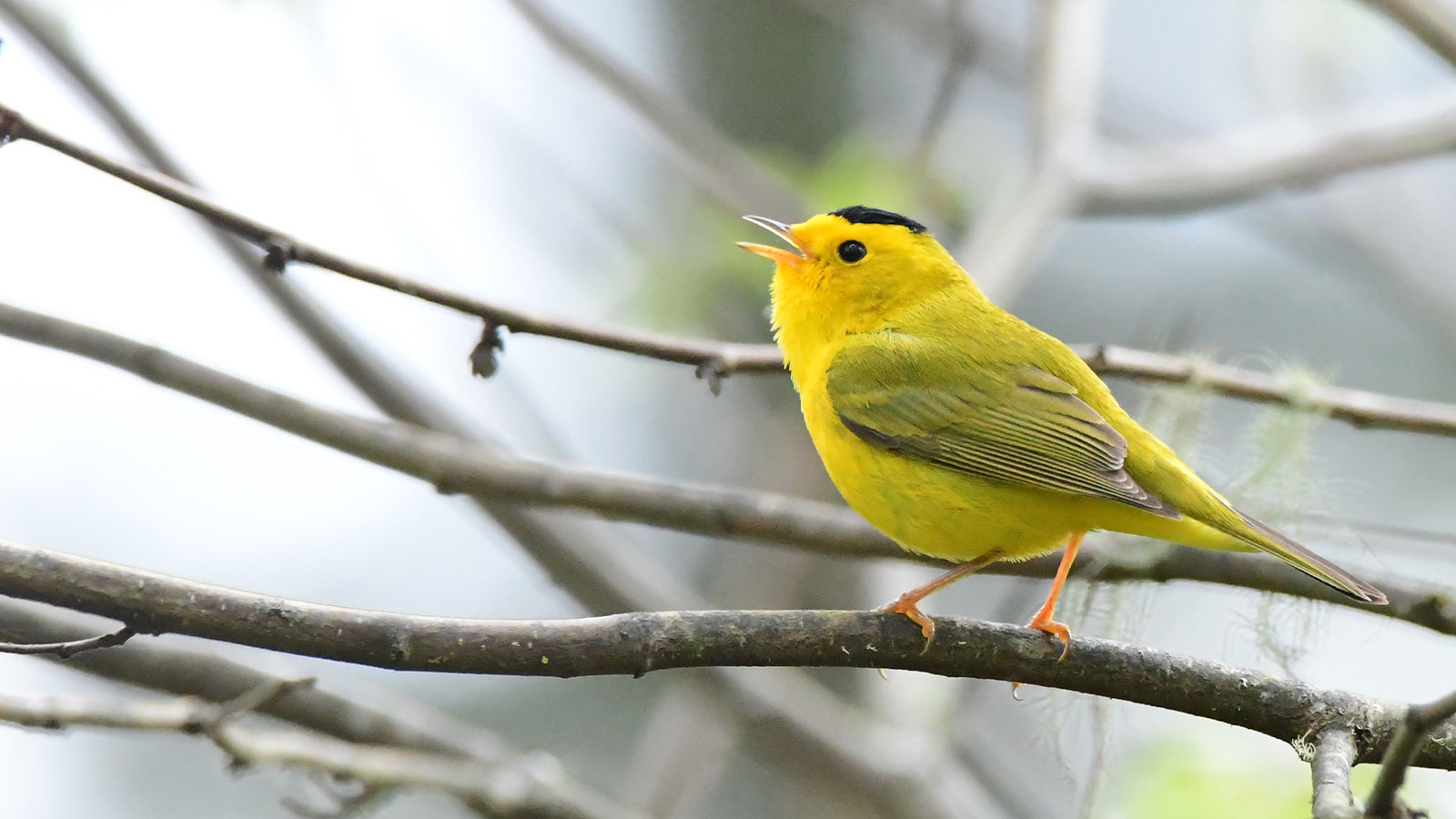America’s best-known ornithologist written out of history – Wilson’s warbler, top, will be renamed, as will Audubon’s shearwater, named after John James Audubon.
By Keiran Southern, The Times —
Birds in the United States and Canada will no longer be named after people because the previous selection process was “clouded by racism and misogyny”, the American Ornithological Society has announced.
The organisation will rename 80 species next year due to their associations with controversial historical figures, including slave owners and white supremacists.
Birds that will be renamed include Audubon’s shearwater, a tropical seabird widespread in the Atlantic Ocean that honours John James Audubon, a 19th-century slave owner and perhaps America’s best-known ornithologist.
Townsend’s warbler and solitaire will also get new names. John Kirk Townsend, who died in 1851, stole skulls from the graves of indigenous people and believed they were racially inferior.
The decision to rechristen birds named after people means that Wilson’s warbler and Wilson’s snipe, both honouring the the 19th-century naturalist Alexander Wilson, will also be renamed.
Colleen Handel, the society’s president, said: “There is power in a name and some English bird names have associations with the past that continue to be exclusionary and harmful today. Everyone who loves and cares about birds should be able to enjoy and study them freely.”
The society said that rather than go through each bird name individually to assess whether it had links to a controversial person, it would impose blanket changes.
There had been a heated debate within the birdwatching community over the names given to species. An increasingly vocal faction demanded historical figures with links to slavery or colonialism be removed from bird names. Over the last decade, the movement promoting the recognition of historic racism has grown to include statues, paintings and buildings.
The society said it would aim for descriptive titles about a bird’s habitat or physical features when renaming species.
Judith Scarl, the society’s executive director and chief executive, said too many historical figures who had been honoured in bird names were racist.
She said: “As scientists, we work to eliminate bias in science. But there has been historic bias in how birds are named and who might have a bird named in their honour.
“Exclusionary naming conventions developed in the 1800s, clouded by racism and misogyny, don’t work for us today. The time has come for us to transform this process and redirect the focus to the birds, where it belongs.”
According to the US Fish and Wildlife Service, 42.6 million people took trips away from home to observe wild birds last year.
Complaints over a lack of diversity within the ranks of America’s birdwatchers emerged following a high-profile incident in New York’s Central Park in 2020. Christian Cooper, who is black, became involved in a row with a white woman over her dog running off the lead.
Video of the argument went viral on social media and was used as an example of discrimination black people face while trying to enjoy the outdoors. The woman involved later claimed the interaction had been misrepresented.
Earlier this year progressive naturalists were defeated in their attempts to rename the National Audubon Society, the national bird protection society. Critics wanted to dump the association with Audubon, but the board of directors voted against a change.
Source: The Times
Featured image: Wilson’s Warbler (Flickr/Oregon State University)















